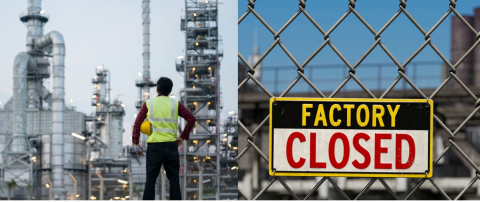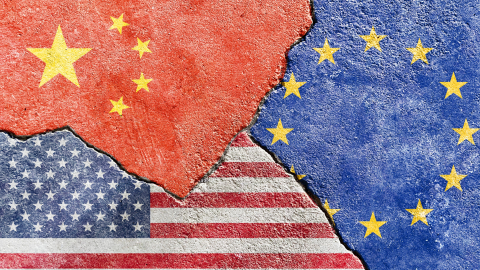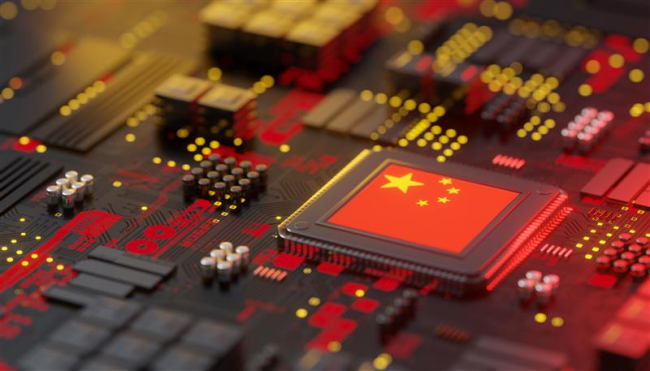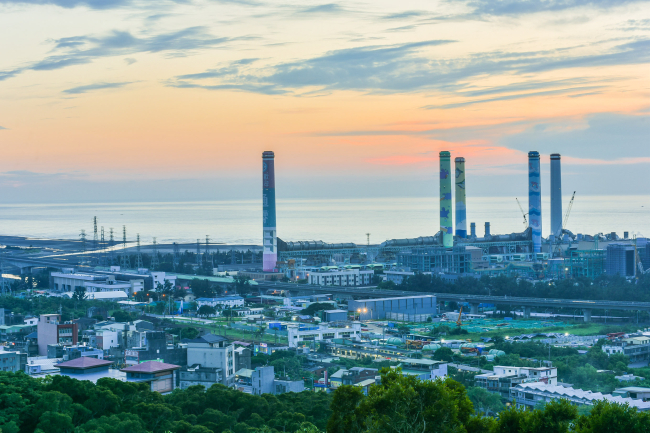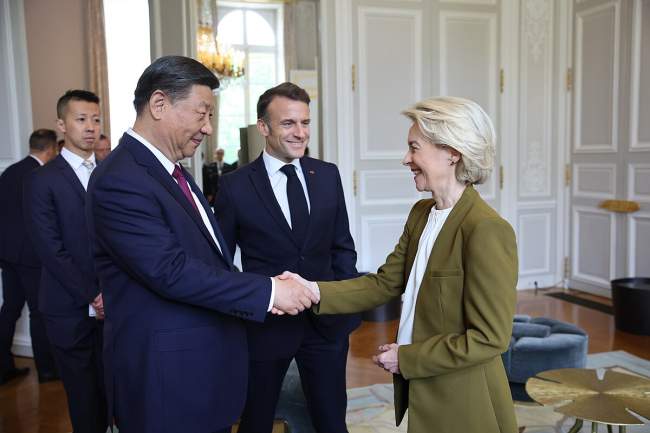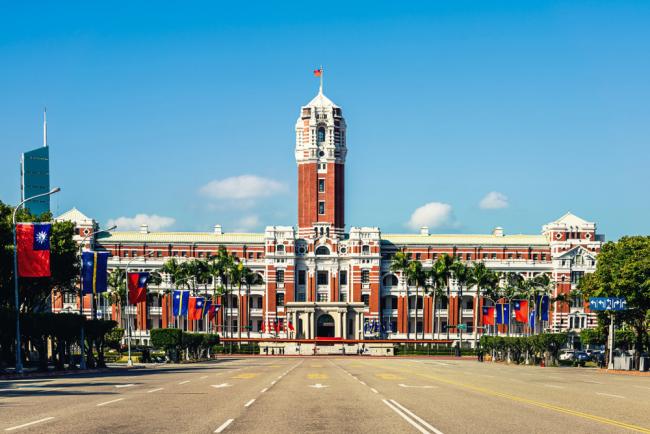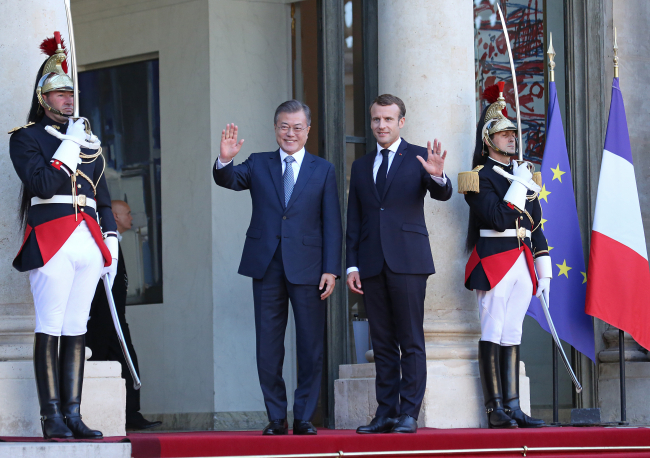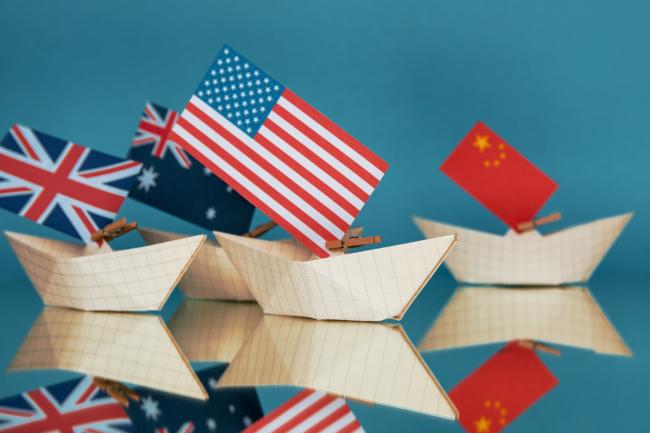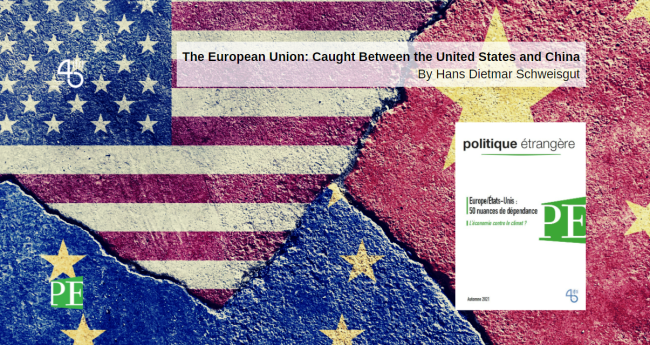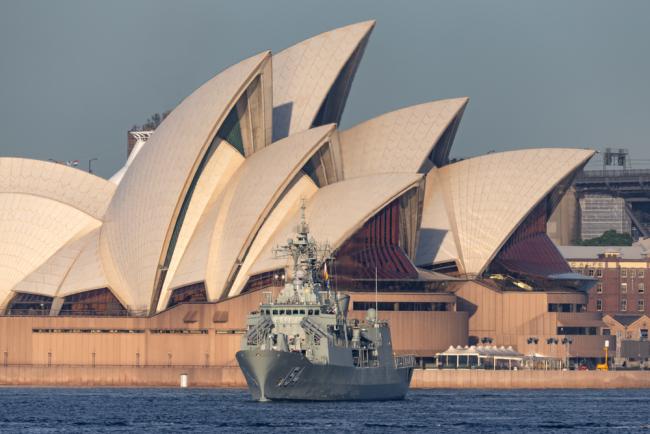

New Pacific alliance PBP to counter China’s influence will likely grow to include more European nations, say analysts
Partners in the Blue Pacific (PBP) is made up of US, UK, Japan, Australia, New Zealand, with the latter two expected to spearhead cooperation efforts. Some experts say France is already interested despite anger over Aukus security pact; the new PBP will become ‘multilateral rather than minilateral’.
Are Marine Protected Areas a relevant tool for the Pacific?
Marine protected areas (MPAs) offer a solution for countries in the region to manage their maritime space. Access to scientific data is required to set MDA.
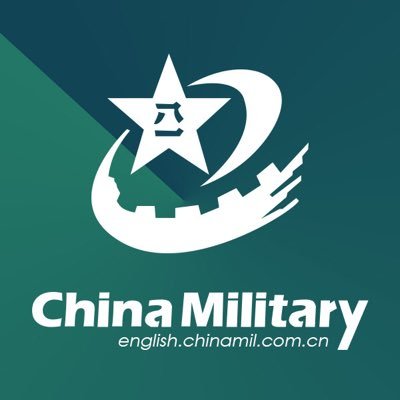

AUKUS, a Hot Topic at Beijing Xiangshan Forum Webinar 2021
BEIJING, Oct. 28 -- The 5th session of Beijing Xiangshan Forum Webinar 2021 was held on the evening of October 26 around the topic of “Strategic Stability: Impasse and Way Out”, in which the establishment of the so-called trilateral security partnership, AUKUS, by the US, Britain and Australia and their nuclear submarine cooperation were heatedly discussed.
France’s submarine trouble highlights its precarious status as a great power
French admiral says US has broken a pact among nuclear powers on the UN Security Council by agreeing to sell nuclear submarines.
China’s Quest for a Quantum Leap
The global race to harness quantum science is intensifying. Recognizing the strategic potential of quantum technology for economic, military, and scientific advancement, China is focusing on quantum breakthroughs as a way to shift the balance of power, especially in its competition with the United States. President Xi Jinping has emphasized the importance of scientific innovation, particularly in quantum fields, to fuel national development and ensure security.
Taiwan's Energy Supply: The Achilles Heel of National Security
Making Taiwan a “dead island” through “a blockade” and “disruption of energy supplies” leading to an “economic collapse.” This is how Colonel Zhang Chi of the People’s Liberation Army and professor at the National Defense University in Beijing described the objective of the Chinese military exercises in May 2024, following the inauguration of Taiwan’s new president, Lai Ching-te. Similar to the exercises that took place after Nancy Pelosi’s visit to Taipei in August 2022, China designated exercise zones facing Taiwan’s main ports, effectively simulating a military embargo on Taiwan. These maneuvers illustrate Beijing’s growing pressure on the island, which it aims to conquer, and push Taiwan to question its resilience capacity.

France's Indo-Pacific strategy
This article has been extracted from the magazine Question internationales - n°118 - Avril-mai 2023.
The Indo-Pacific, a new theater of strategic rivalry between China and the United States, is of growing interest to France, where it defends its interests related to its vast maritime territory by promoting multilateralism and forging multiple partnerships in the region.
France Adapts to an Era of Strategic Competition With China
The Prospects of Indonesia’s Nickel Boom Amidst a Systemic Challenge from Coal
Indonesia is a country that is booming economically and demographically. This not only matters for regional, political, and energy security, but also increasingly, for the world’s energy transitions, due to Indonesia’s large metal reserves, as well as its equally important coal consumption in industry and for power generation.
Over the last 20 years, Indonesia’s economy has been characterized by very dynamic growth, massive increases in its electricity demand, and coal consumption and exports. Hence, its greenhouse gas (GHG) emissions are on a steady growth trajectory, although the country has committed to lowering them by 32% (unconditional) or 41% (conditional) by 2030.
With its Organization for Economic Cooperation and Development (OECD) membership application, occurring in the context of global energy transition requirements and geopolitical confrontations, Indonesia is today at a crossroads.
Taiwan’s 2024 Elections: A Moving Political Landscape with China Remaining Front and Center
On January 13th the young Taiwanese democracy will hold its 8th presidential election since direct universal suffrage began in 1996. The same day, the people of Taiwan will elect a new Parliament – the Legislative Yuan – which will start its term on February 1st. President Tsai Ingwen’s second and final term will come to an end in May.
South Korea and France’s Indo-Pacific Strategies: Potential Partnership and Challenges
Despite some constraints on their Indo-Pacific strategies, South Korea and France could consider bilateral dialogues for partnership in the Indo-Pacific, leading to a high level of confidence and strategic convergence in security.
AUKUS Rocks the Boat in the Indo-Pacific, And It’s Not Good News
For anyone who still harbored doubts, Washington made crystal clear from the announcement of the new trilateral alliance with Australia and the UK (AUKUS) that countering China is its number one priority, and that it will do whatever it takes to succeed. Much has been said about the consequences of AUKUS on the French-US relations, but the strategic implications for the Indo-Pacific nations (including France), and for China especially, are also critical to consider.
The European Union: Caught Between the United States and China
The United States and the European Union (EU) are now both in agreement regarding China – long viewed benevolently – as a systemic rival in the international order.

France’s Indo-Pacific Strategy and the Quad Plus
In France, the launch of the Quad Plus raised little attention.
What Would Suga’s Indo-Pacific Strategy Look Like?
With the resignation of Prime Minister Abe, the future of Japan’s Free and Open Indo-Pacific strategy has been called into question. Abe was indeed one of the key architects of this vision and he devoted enormous energy to flesh it out.

Japan’s Indo-Pacific Strategy: Shaping a Hybrid Regional Order
What does Japan want in the Indo-Pacific? It can be tough to tell, because at the moment, Tokyo seems to be pursuing incompatible aims.
No Longer a Middle Power: Australia’s Strategy in the 21st Century
Confronted with a strained strategic environment and a relative decline of its resource base, Australia is currently going through a historical shift of its global status.
Support independent French research
Ifri, a foundation recognized as being of public utility, relies largely on private donors – companies and individuals – to guarantee its sustainability and intellectual independence. Through their funding, donors help maintain the Institute's position among the world's leading think tanks. By benefiting from an internationally recognized network and expertise, donors refine their understanding of geopolitical risk and its consequences on global politics and the economy. In 2024, Ifri will support more than 70 French and foreign companies and organizations.









